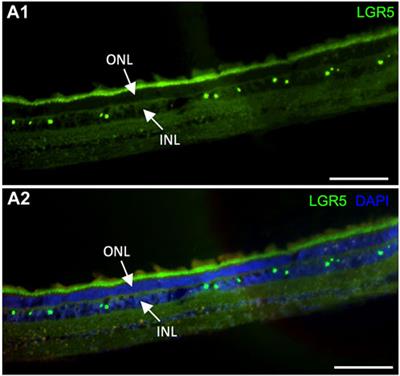REVIEW
Published on 06 Jun 2024
A gene edited pig model for studying LGR5+ stem cells: implications for future applications in tissue regeneration and biomedical research

doi 10.3389/fgeed.2024.1401163
- 1,443 views
- 1 citation
763
Total downloads
2,941
Total views and downloads
Submit your idea
You will be redirected to our submission process.
Manuscripts can be submitted to this Research Topic via the main journal or any other participating journal.
Submit your idea
You will be redirected to our submission process.